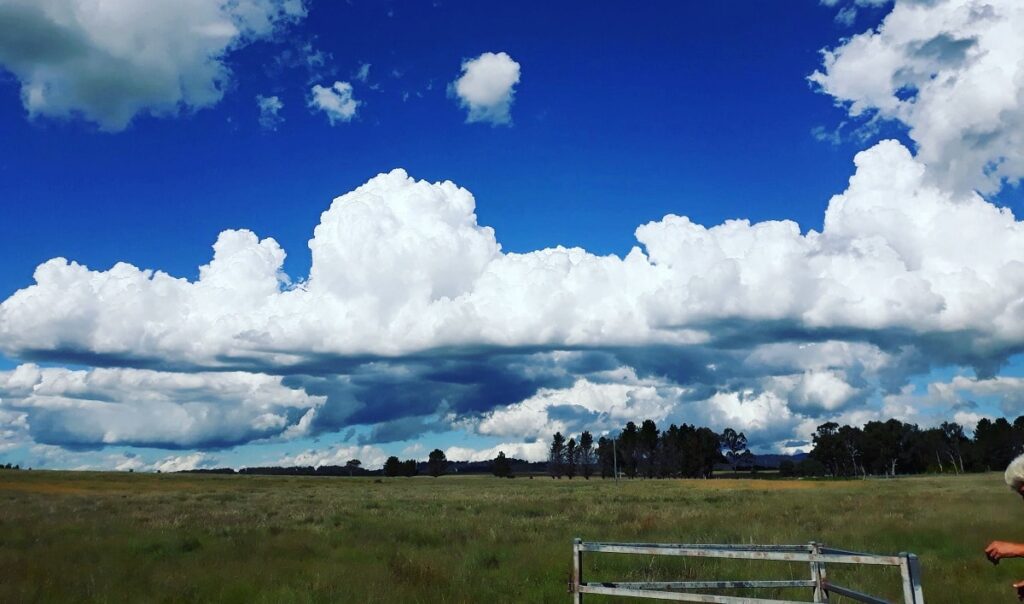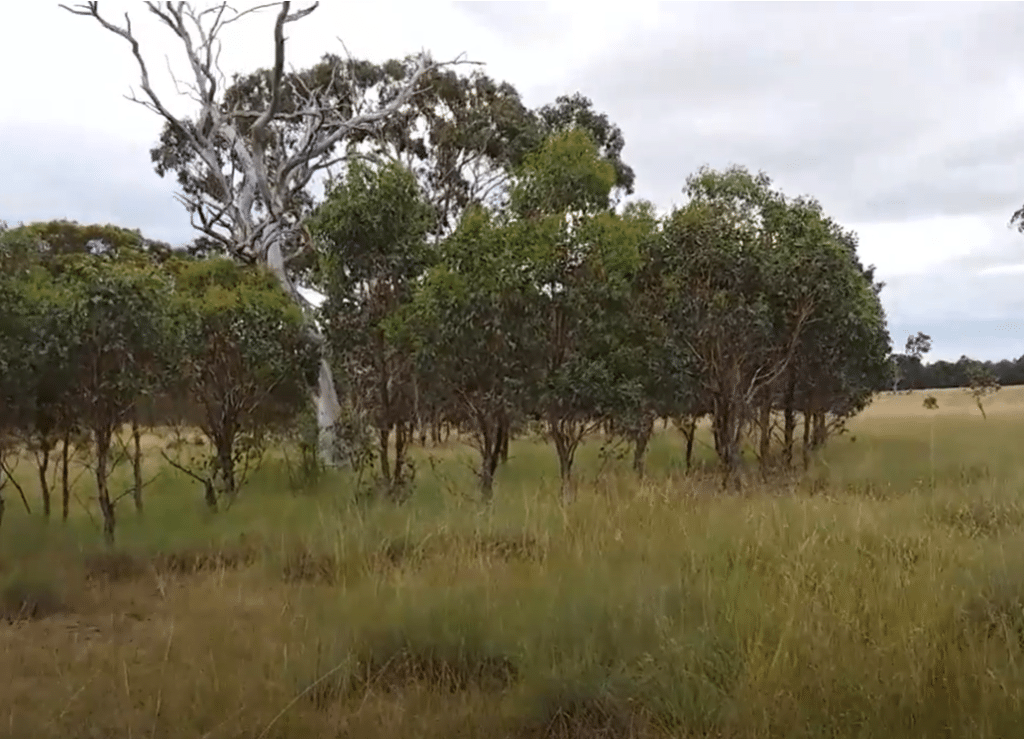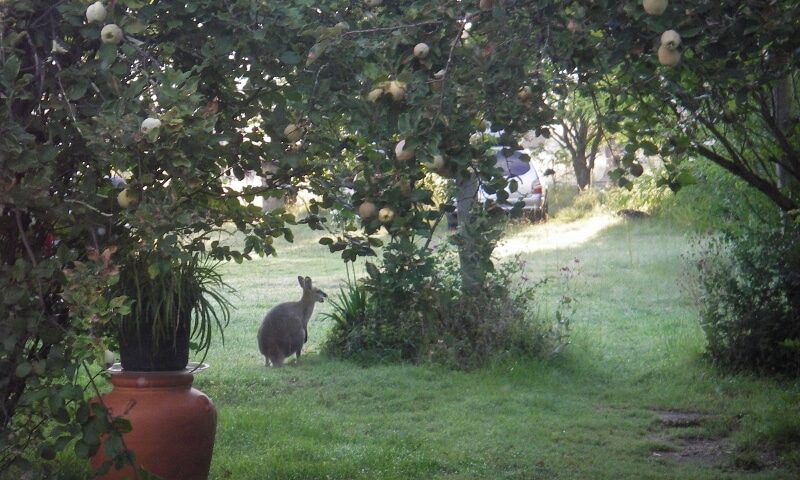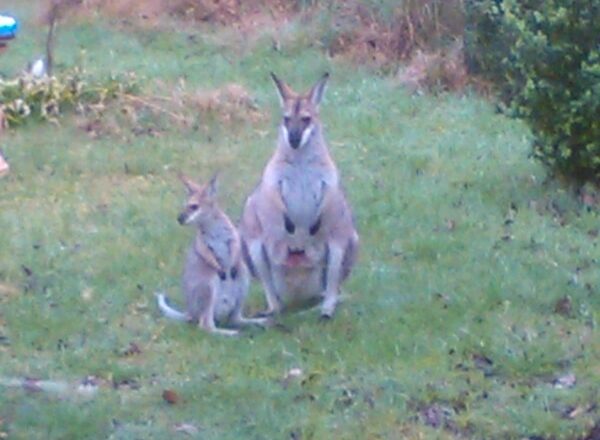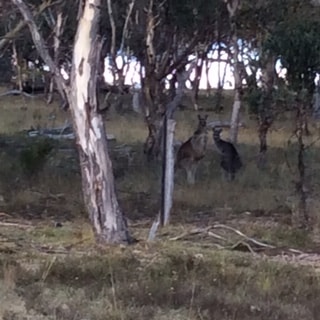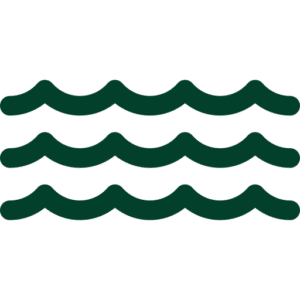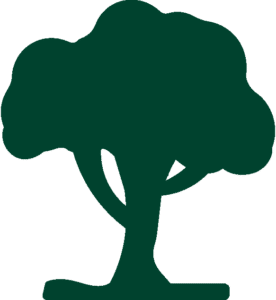Elizabeth and Rosemary Barratt are the owners of Gunyah, a property situated in Deepwater, approximately 40km north of Glen Innes, New South Wales. The Barratt family has owned the property for 120 years, running it as merino and angus cattle grazing property up until 2019. Elizabeth and Rosemary wish to dedicate the land to wildlife conservation and carbon lockup, promoting biodiversity and maintaining the existing habitat for native species. The property is also a residence and recreational site for the family.
The property covers approximately 230 hectares, bounded by Travelling Stock Reserves, Crown Land and grazing properties, with frontage to the Deepwater River to the south. Gunyah is one of the only properties in the Deepwater vicinity with old-growth remnant tree cover, and since the record-breaking drought in 2019 has ceased all stock grazing operations. Approximately half of the land is largely cleared, however the riverside paddocks have never been cleared and are populated by yellow box (Eucalyptus melliodora), white sally (Acacia floribunda), peppermint gum (Eucalyptus radiata), kunzea and tea tree woodland.
The woodland functions as a carbon lockup and habitat for wildlife, with no clearing or burning taking place in the past 30 years. Seed trees and seedlings have propagated and, with the removal of stock, many native grasses have returned.
In the 1980s, Water Conservation addressed a badly eroded gully and established exclusion fencing in the riparian zone, which allowed lomandra, tea tree and other native plants to regenerate the once-barren clay riverbanks. The resulting habitat and neighbouring woodland are now home to platypus (Ornithorhynchus anatinus), swamp wallabies (Wallabia bicolor), eastern grey kangaroos (Macropus giganteus), yellow-tailed black cockatoos (Calyptorhynchus funereus), eastern rosellas (Platycercus eximius), turquoise grass parrots (Neophema pulchella), short-beaked echidnas (Tachyglossus aculeatus) and freshwater mussels.

